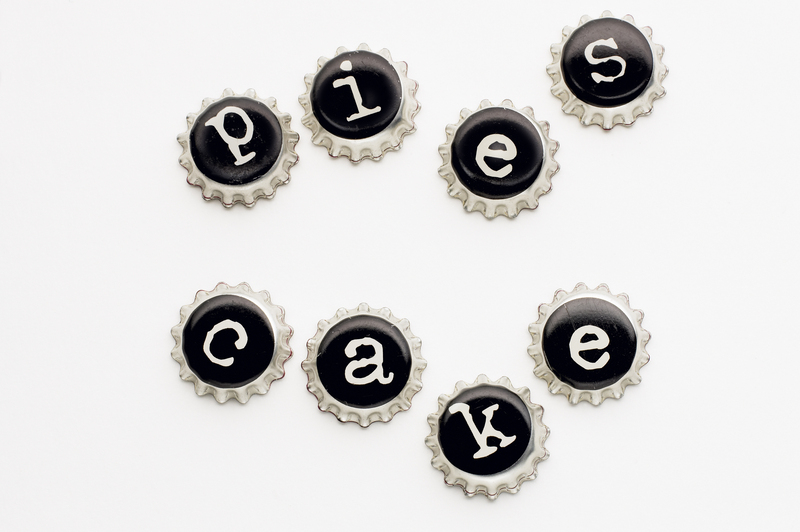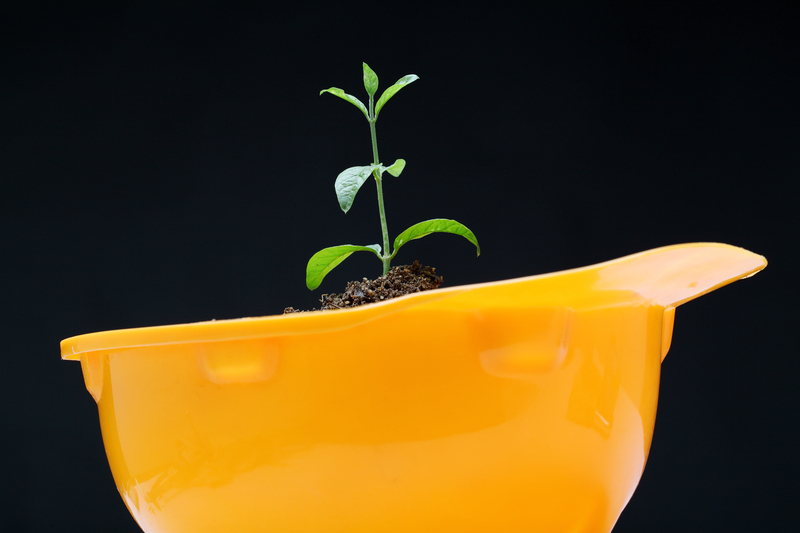Practical Ways to Reduce Plastic
Posted on 21/02/2025
Plastic pollution is a growing concern that threatens both our environment and health. With millions of tons of plastic waste ending up in landfills and oceans every year, it has become crucial for individuals to take actionable steps to reduce their plastic footprint. In this article, we'll explore practical ways to reduce plastic usage in everyday life.
Why Reducing Plastic is Important
The environmental impact of plastic is catastrophic. Plastic waste can take hundreds of years to decompose, leading to soil, water, and air pollution. Additionally, plastic often ends up in the oceans, where it harms marine life and ecosystems. Reducing plastic consumption not only helps protect the environment but also improves human health by minimizing exposure to harmful chemicals associated with plastic products.

Practical Ways to Reduce Plastic
Avoid Single-Use Plastics
One of the simplest ways to reduce plastic consumption is to avoid single-use plastics. This includes items like plastic bags, straws, cups, and cutlery. Opt for reusable alternatives such as cloth shopping bags, metal straws, and stainless-steel water bottles.
Choose Eco-Friendly Packaging
When grocery shopping, opt for products with minimal or eco-friendly packaging. Many stores now offer bulk bins where you can fill your own containers with grains, nuts, and other staples. This not only reduces plastic waste but also often saves money.
Support Plastic-Free Brands
Look for brands that prioritize sustainable practices and offer plastic-free products. Many companies now manufacture household and personal care items using biodegradable materials. By supporting these brands, you can reduce your plastic footprint and encourage more businesses to adopt eco-friendly practices.
Recycle Properly
Recycling is an essential part of reducing plastic waste, but it only works when done correctly. Ensure you are familiar with your local recycling guidelines and separate your recyclables accordingly. Clean your recyclables before disposing of them to prevent contamination, which can render the entire batch unfit for recycling.
Use Refillable Products
Many everyday items, such as cleaning products and toiletries, are available in refillable forms. Instead of buying new plastic bottles each time, opt for refillable products and make use of refill stations where available.
Implementing Sustainable Practices
Carry a Reusable Kit
Create a small kit that includes reusable shopping bags, a water bottle, a coffee cup, and utensils. Keep this kit in your car or bag so you're always prepared to refuse single-use plastics when you're out and about.
DIY Household Products
Many cleaning and personal care products can be made at home using natural ingredients. By making your own products, you eliminate the need for plastic packaging and reduce your exposure to harmful chemicals.
Advocate for Change
Use your voice to advocate for plastic reduction by supporting legislation aimed at reducing plastic waste, participating in community clean-up events, and educating others about the importance of reducing plastic consumption.
Pros and Cons of Reducing Plastic
Pros
- Environmental protection: Reducing plastic helps lower pollution levels and protect wildlife.
- Health benefits: Reducing plastic minimizes exposure to harmful chemicals.
- Cost savings: Many sustainable alternatives, such as reusable bags and bottles, can save money in the long run.
Cons
- Initial cost: Some sustainable alternatives may have a higher upfront cost.
- Convenience: Single-use plastics are often more convenient than reusable options.
- Availability: Sustainable products may not be readily available in all areas.
Tips for Reducing Plastic in Everyday Life
- Bring your own shopping bags and containers when grocery shopping.
- Avoid products with excessive plastic packaging.
- Use bar soap instead of liquid soap in plastic bottles.
- Opt for a razor with replaceable blades instead of disposable razors.
- Choose cloth diapers over disposable diapers for your baby.

Takeaways
Reducing plastic waste requires conscious effort and lifestyle changes, but the benefits to the environment and personal health are substantial. By avoiding single-use plastics, choosing eco-friendly packaging, and supporting sustainable brands, individuals can significantly reduce their plastic footprint. Educating yourself and others, recycling properly, and advocating for systemic change are also crucial steps in the fight against plastic pollution.
Conclusion
Reducing plastic consumption is an essential step toward creating a sustainable future. While it may require some initial adjustments and costs, the long-term benefits of a cleaner environment and improved health are well worth the effort. By incorporating the practical ways discussed in this article, you can make a significant impact on reducing plastic waste and inspire others to do the same. Let's work together to create a plastic-free world.





